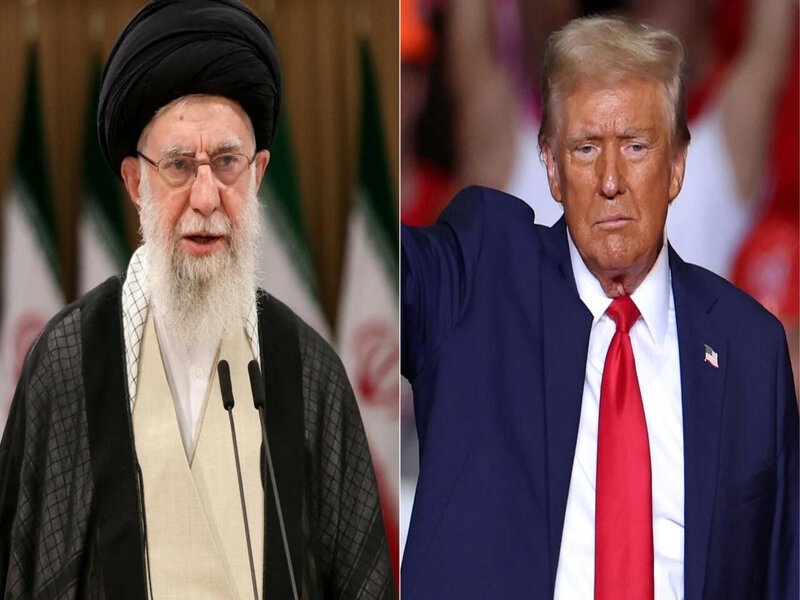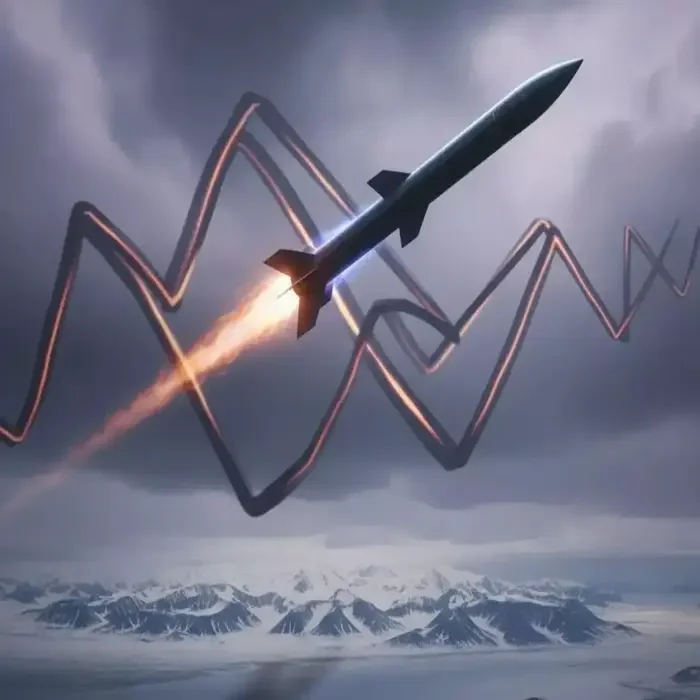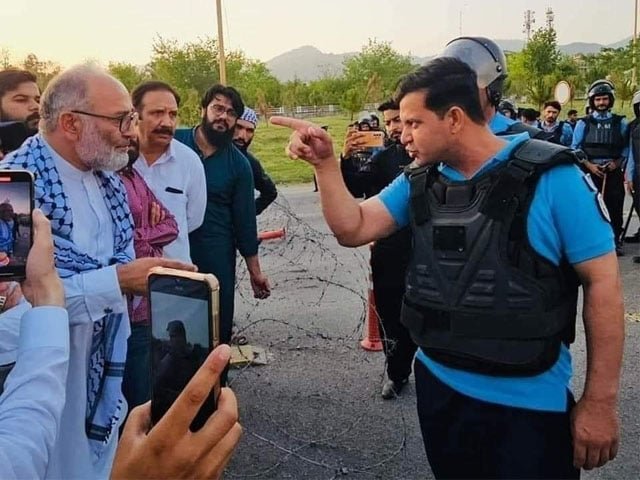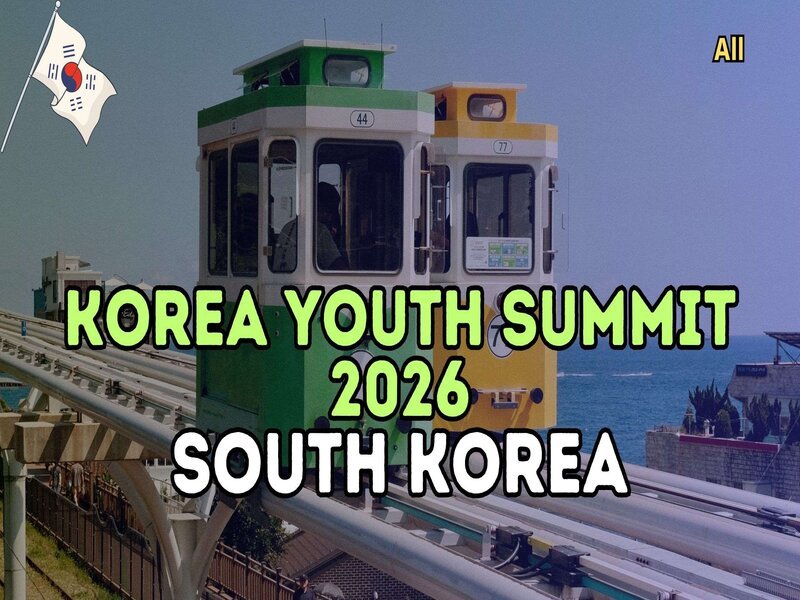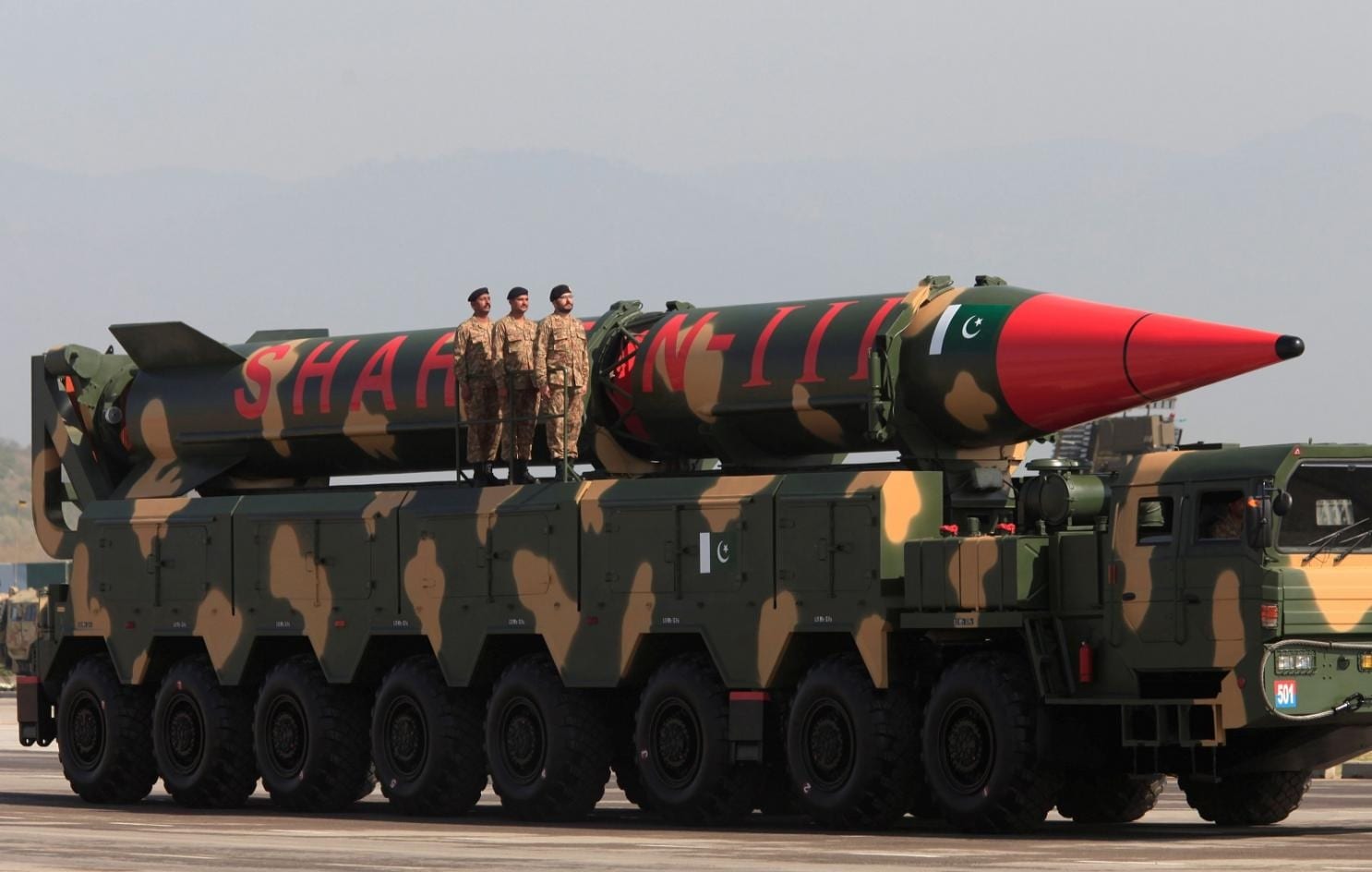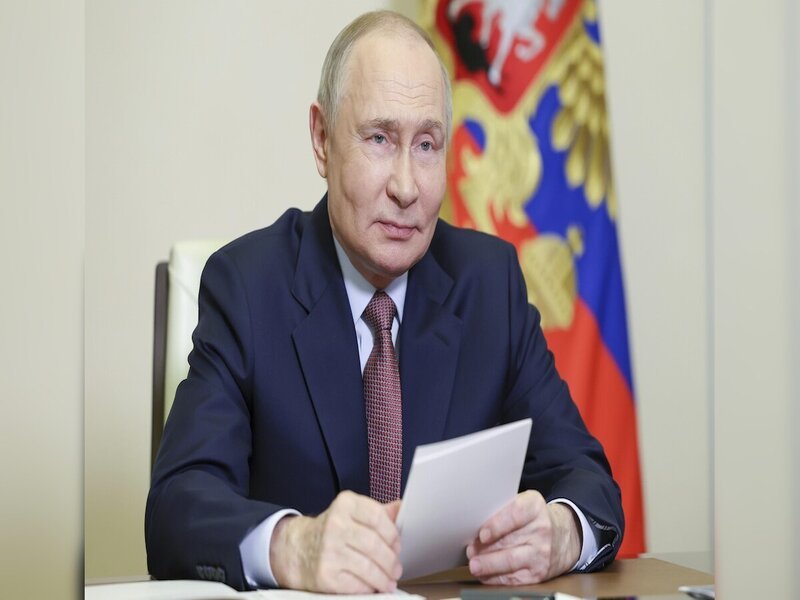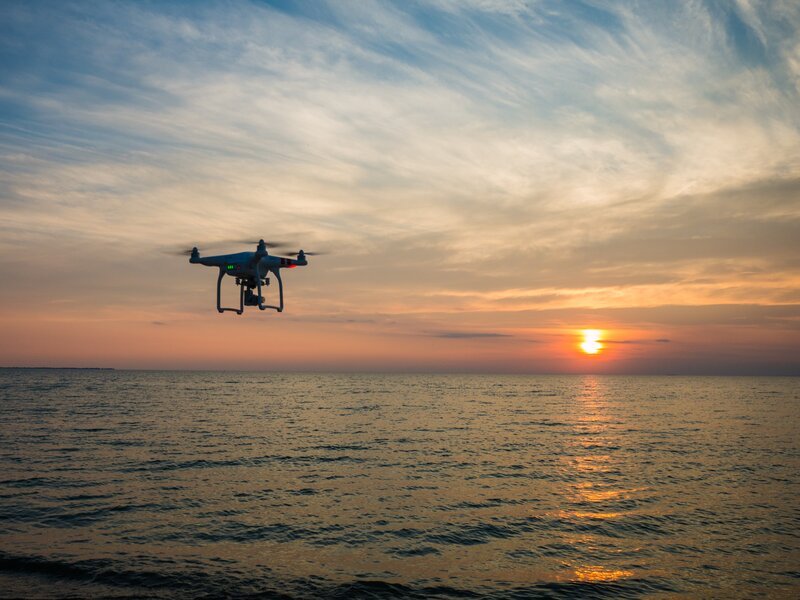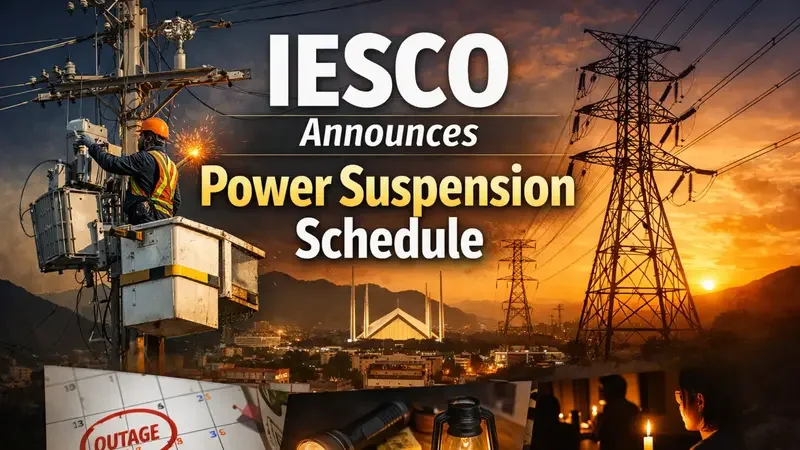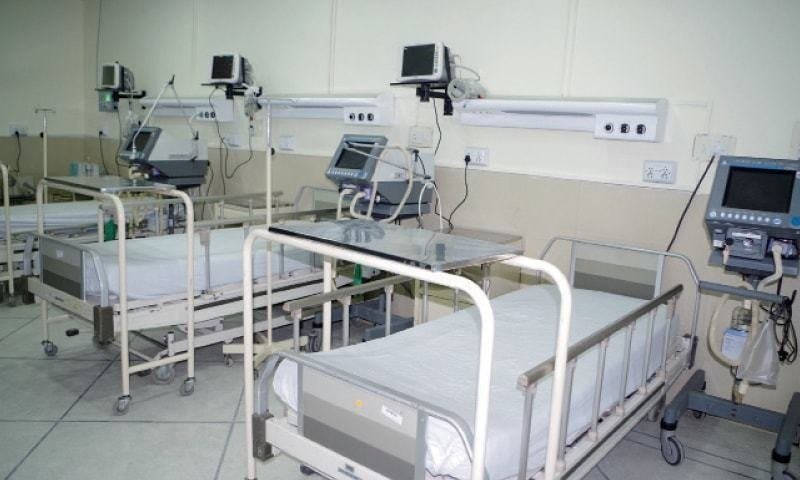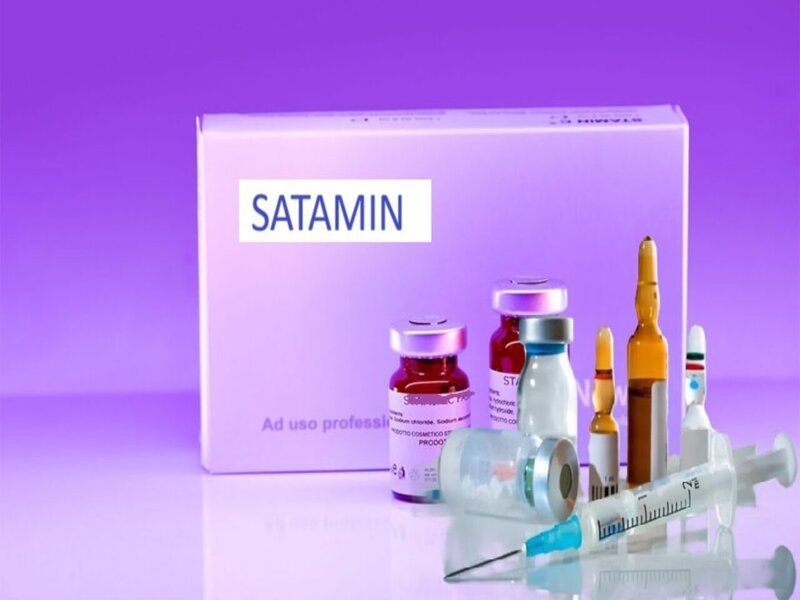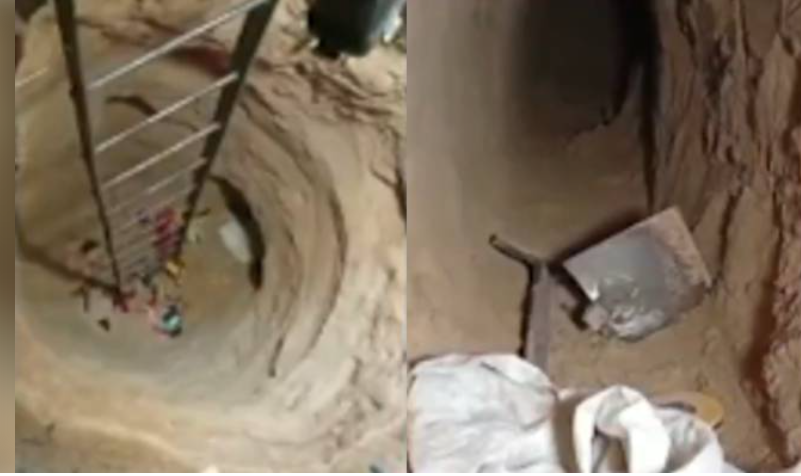Iranian Foreign Minister Abbas Araghchi has strongly condemned U.S. President Donald Trump’s call for the Pentagon to resume nuclear weapons testing, describing the move as “regressive” and “irresponsible.” In a post on X, Araghchi criticized Washington for acting like a “nuclear-armed bully,” accusing the U.S. of violating international law while demonizing Iran’s peaceful nuclear activities. He said the U.S. decision exposes the hypocrisy of a country that threatens strikes on safeguarded nuclear facilities while reigniting global nuclear tensions.
Trump announced on Truth Social that he had instructed the Pentagon to resume nuclear weapons testing “on an equal basis” with other major powers, citing Russia and China’s expanding arsenals. The statement came ahead of his meeting with Chinese President Xi Jinping during the Asia-Pacific Economic Cooperation (APEC) summit in South Korea. Trump claimed that China and Russia could match the U.S. nuclear stockpile within five years, prompting what he framed as a necessary strategic response.
Experts, however, believe Trump’s decision is more symbolic than operational. Ankit Panda, a nuclear security specialist at the Carnegie Endowment for International Peace, told Al Jazeera that the move likely responds to recent Russian and Chinese weapons tests rather than tensions with Iran. Russian President Vladimir Putin recently announced successful trials of the Poseidon nuclear-powered torpedo and Burevestnik cruise missile, while China showcased advanced nuclear-capable systems during a military parade featuring the Dongfeng-5 intercontinental ballistic missile. Despite these demonstrations, neither country has conducted an actual nuclear explosion in decades, according to the United Nations.
The Comprehensive Nuclear Test-Ban Treaty (CTBT) of 1996 prohibits all forms of nuclear testing, but the U.S., China, and Iran have signed without ratifying it, while Russia withdrew its ratification in 2023. The last U.S. nuclear test took place in 1992, with similar moratoriums observed by the United Kingdom, France, Russia, and China. North Korea remains the only nation to have conducted nuclear tests in the 21st century, the most recent being in 2017.
Trevor Findlay, a nuclear expert at the University of Melbourne, suggested that Trump’s reference to “nuclear testing” might refer to missile launches of nuclear-capable weapons rather than actual detonations. He explained that such tests often use dummy warheads and do not produce nuclear explosions. The U.S. regularly conducts missile trials, typically over the Pacific, but avoids the provocative spectacle often associated with Russian or North Korean displays.
While Trump insists his goal is to prevent Iran from obtaining nuclear weapons, his administration’s actions—such as joint U.S.-Israeli airstrikes on Iranian military and nuclear sites—have escalated regional tensions. Tehran maintains that its nuclear program is solely for civilian energy and medical research, not weaponization. Panda reaffirmed that Iran has never conducted nuclear tests or developed nuclear-armed missiles, adding that its stock of enriched uranium remains under international oversight.
As global powers weigh the implications of renewed nuclear posturing, experts warn that resuming nuclear weapons testing could unravel decades of non-proliferation progress. Iran’s criticism underscores growing international concern that a return to Cold War-style brinkmanship could reignite an arms race, destabilizing both regional and global security.

